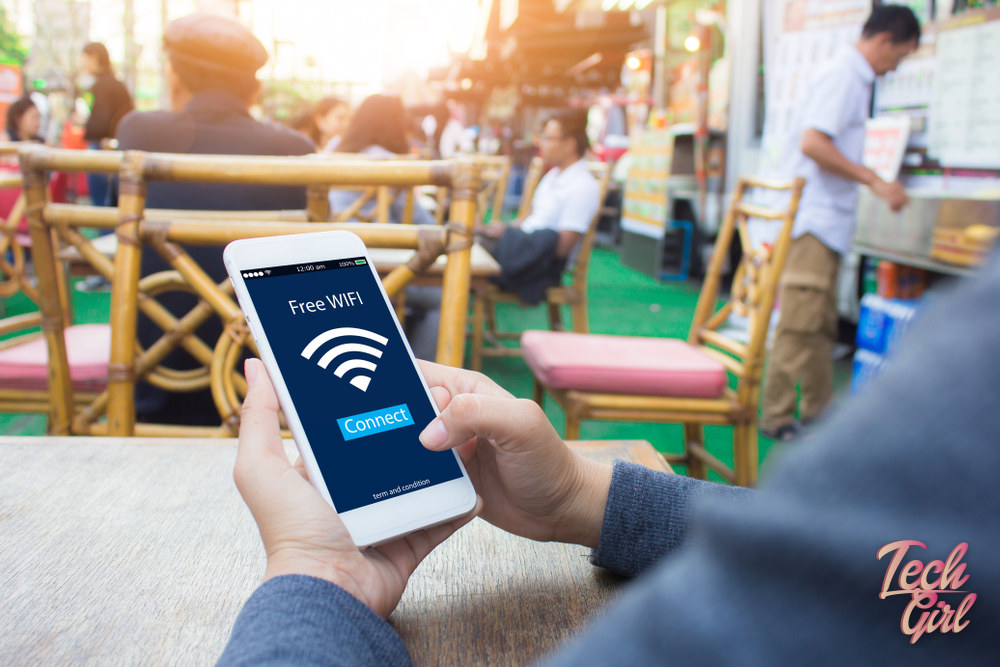Thanks to smart mobile devices and easily accessible Internet, it’s possible for many people to work from nearly anywhere in the world. When you’re traveling, whether it’s for work, for pleasure or some combination of the two, you should focus on keeping your private data secure. It’s the 21st century, after all, and you’re at higher risk for having your identity stolen than you are of being physically robbed. What can you do to keep all your private data secure while you’re traveling abroad?
Protect Your Physical Identity Data
When you travel, you carry a lot of information with you, both in digital and physical forms. The first thing you need to do to keep your private data secure is to guard your physical identity data: your passport, your driver’s license and other identifying pieces of information. Thieves can use any of these to steal your identity, and without your passport, you may not even be able to travel home at the end of your trip. Savvy travelers should keep a photocopy of their passport separate from the rest of their information. Tuck it into a sock or a flap in your suitcase. You will need it to prove citizenship and obtain a replacement passport if yours gets lost or stolen. You can also keep a digital photo of your passport on your cell phone or another mobile device.
Be Wary of Free Wi-Fi
Hotel Wi-Fi may seem like an ideal way to stay connected — especially if you’re in a foreign country where you can’t connect to your cellular Internet without paying expensive roaming charges. However, using unsecured Wi-Fi is akin to having unprotected sex — you never know what might happen. There have been cases recently where thieves are stealing private data by offering fake hotel hotspots — they look legitimate, but they allow the thieves to intercept anything that gets sent over that network, putting your data at risk. One way to lower this risk is to use a VPN whenever you’re connecting to unsecured networks. While they do provide a layer of protection, it isn’t perfect, so make sure you’re not automatically connecting to these services by shutting off Wi-Fi on your devices when you aren’t using them.
Rely on Secure Software
The Internet is a fantastic tool for anyone who works remotely — but it can also present risks, especially if you’re transmitting information over an unsecured network. Relying on a secure server can help reduce those risks, even if you’re transferring data from web to mobile and back again. Look for an app or service that relies on secured Internet connections — many will refuse any connection that comes from an unsecured source, allowing you to protect your information. For example, Encircle – an app that manages sensitive data – relies on a key for authentication and encrypts data using HTTPS to ensure travelers keep information protected. You may have a harder time uploading and downloading data if your only connection option is unsecured hotel Internet, but it will help keep your data secure.
Use Two-Factor Authentication
Most websites that contain sensitive information, and even some that don’t, offer the option to protect your login information with two-factor authentication. Basically, when you attempt to log in, the website sends you a onetime random code by text or email you must enter to complete your login. This step increases your security — even if someone manages to steal your password, they would still have to have access to your email or phone account to be able to log in.
Look for the S
Look at the beginning of the URL in your browser right now – do you see http://, or https://? The S at the end stands for secure, meaning the Internet connection is protected and any data you transmit will remain encrypted. Even if your connection looks secure, check your URL when you start loading pages to be sure. If you don’t see that S, don’t input any personal data, because it could be at risk. It’s a simple trick, but one that could save you a lot of trouble both at home and abroad.
As technology continues to advance, thieves and hackers are getting increasingly clever. We have to take extra steps to ensure our data remains secure, no matter where we’re logging on from.






